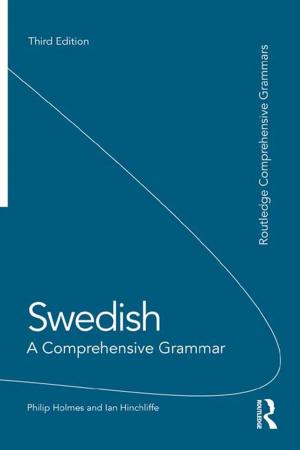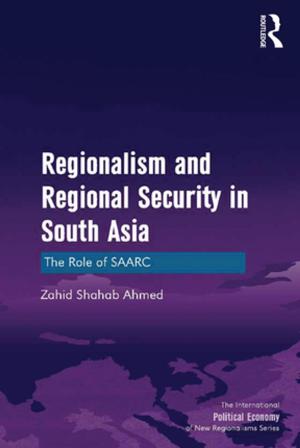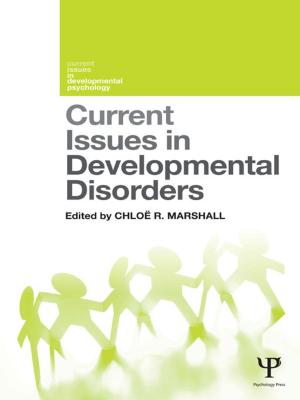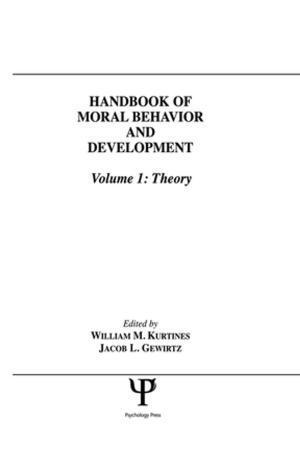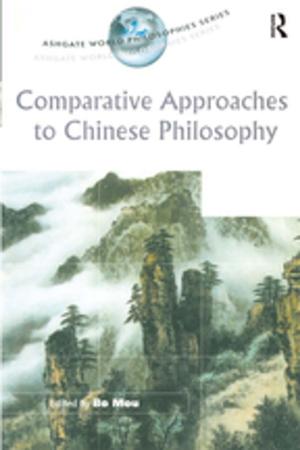Japan’s World Power
Assessment, Outlook and Vision
Nonfiction, Social & Cultural Studies, Political Science, International, International Relations| Author: | ISBN: | 9781351866699 | |
| Publisher: | Taylor and Francis | Publication: | November 20, 2017 |
| Imprint: | Routledge | Language: | English |
| Author: | |
| ISBN: | 9781351866699 |
| Publisher: | Taylor and Francis |
| Publication: | November 20, 2017 |
| Imprint: | Routledge |
| Language: | English |
Since the end of the 1960s, Japan’s power in the world has largely been linked to its economic successes, while it has pursued a decidedly pacifist post-war foreign policy. Recently, however, there has been talk of Constitutional reform, especially since the new security legislation of 2016. Coupled with the conservative tilt of the two Houses, there is evidence to suggest that Japan’s approach to exercising its power could be changing.
Japan’s World Power therefore seeks to examine the nature of Japan’s power today, showing how the country’s influence on the global stage appears to be shifting from economic and financial, to more political and military. Featuring a team of Japanese international relations experts, each chapter analyses the different facets of Japanese power, evaluating both its current status and the challenges which lie ahead. Ultimately, however, this book demonstrates that despite recent developments and changes, the way in which Japan exercises its power remains decidedly different from other major powers as it continues to be guided by its pacifist identity.
Providing a multi-faceted assessment of Japan’s power, as well as its weaknesses, this book will be useful to students and scholars of Japanese Politics, Asian Foreign Policy and Asian Politics in general.
Since the end of the 1960s, Japan’s power in the world has largely been linked to its economic successes, while it has pursued a decidedly pacifist post-war foreign policy. Recently, however, there has been talk of Constitutional reform, especially since the new security legislation of 2016. Coupled with the conservative tilt of the two Houses, there is evidence to suggest that Japan’s approach to exercising its power could be changing.
Japan’s World Power therefore seeks to examine the nature of Japan’s power today, showing how the country’s influence on the global stage appears to be shifting from economic and financial, to more political and military. Featuring a team of Japanese international relations experts, each chapter analyses the different facets of Japanese power, evaluating both its current status and the challenges which lie ahead. Ultimately, however, this book demonstrates that despite recent developments and changes, the way in which Japan exercises its power remains decidedly different from other major powers as it continues to be guided by its pacifist identity.
Providing a multi-faceted assessment of Japan’s power, as well as its weaknesses, this book will be useful to students and scholars of Japanese Politics, Asian Foreign Policy and Asian Politics in general.



